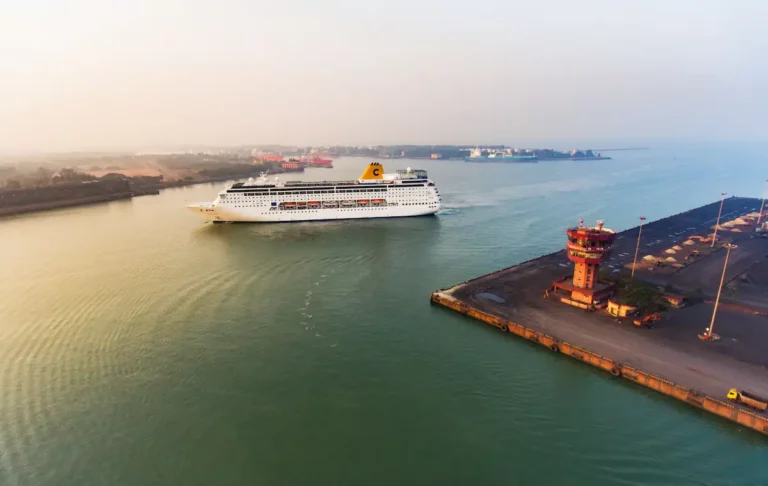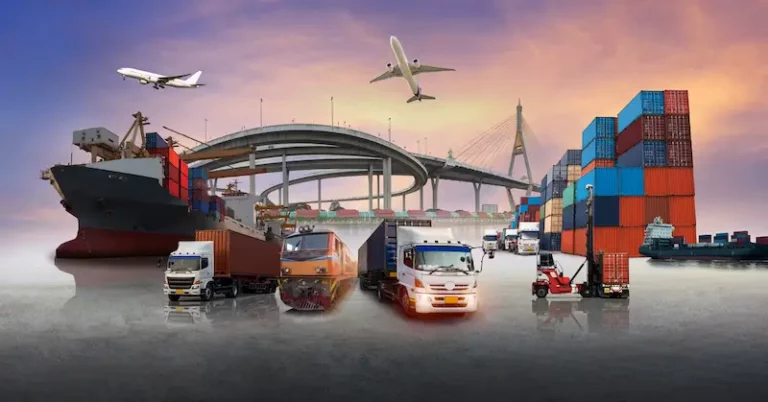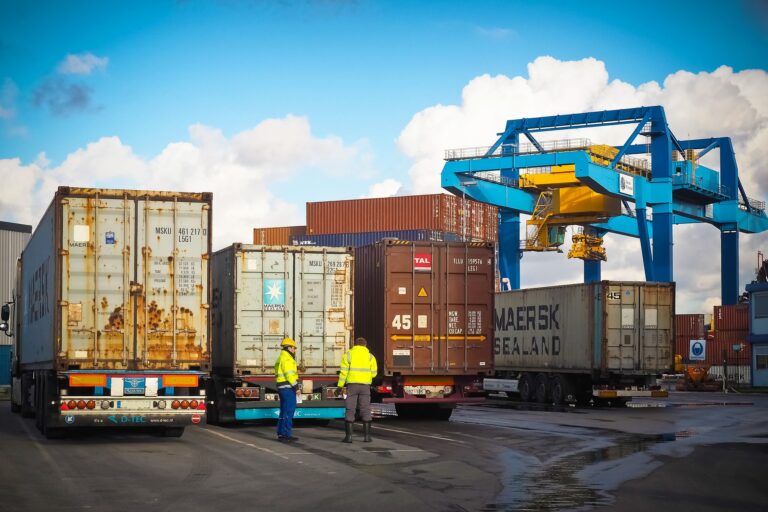6 Things to Consider When Choosing a Freight Forwarders
When it comes to organisations that ship goods internationally, dealing with freight forwarders is not a one-time transaction but a part of the business itself.
As a shipper, it’s crucial that you choose the right forwarder as they bridge the gap between you and your customer, making the import and export process seamless.
But in a market saturated with freight forwarding agencies, how do you identify forwarders best suited for your business?
Here’s a checklist to guide your decision when choosing freight forwarders:
1) Do you need a freight forwarder?
A freight forwarder is not exactly required for the actual process of import and export of goods. However, importing and exporting of goods involves a lot of paperwork that varies from country to country and coordination between several stakeholders.
Companies prefer working with freight forwarders as their worldwide network, thorough knowledge of documentation, customs laws of various countries etc. makes the process easier.
Undoubtedly, it is beneficial for almost any company dealing in international transportation of goods to have a freight forwarder involved, especially when in-house resources are not well-aware of the international shipping procedures.
2) Experience counts
There are several freight forwarders in the market but it is important to award business to an experienced forwarder. Problems like port shutdowns, dockworkers’ strikes, cargo reroutes, customs issues and warehousing issues, etc. are a common occurrence when it comes to international shipments. Only a seasoned forwarder can handle them with ease and ensure that the cargo reaches the destination without any hindrance.
3) A global network is a must
A good freight forwarder has an established global network. As the vendor is likely to handle your shipments at both ends – the port of origin to the destination port, make sure that he has a network in the destination country as well. This will ensure an uninterrupted and secure transport of your cargo from end to end.
4) Look for a range of services
Try to choose forwarders that provide a range of services as that will create scope to stick with them in the long term and help will be at hand whenever needed. Here are the basic services that the forwarders you work with should provide:
- Tracking inland transportation
- Preparation of import and export documentation
- Packing and storage
- Inventory management
- Booking cargo space
- Customs clearance
- Negotiating freight charges
- Freight consolidation
- Insurance
5) Confirm credibility
Ask your forwarder to establish their credibility. This will help you understand their area of specializations and if they’re in the position to efficiently handle your cargo. Additionally, a set of references from the same industry as yours, that can vouch for a good experience with the freight forwarding company can be quite reassuring.
6) Seek the best service
A freight forwarder that dedicatedly provides you with all the support you need is a boon. Indicators of good customer service include direct access to the managing agent, high level of responsiveness and regular updates on the status of the cargo.
Lastly, treat your freight forwarder as a part of your team rather than a third party. In fact, the longer you work with the freight forwarder, the more acquainted they become with your process and can provide you with better service each time.
For an improved, agile and resilient supply chain, reach us here.





